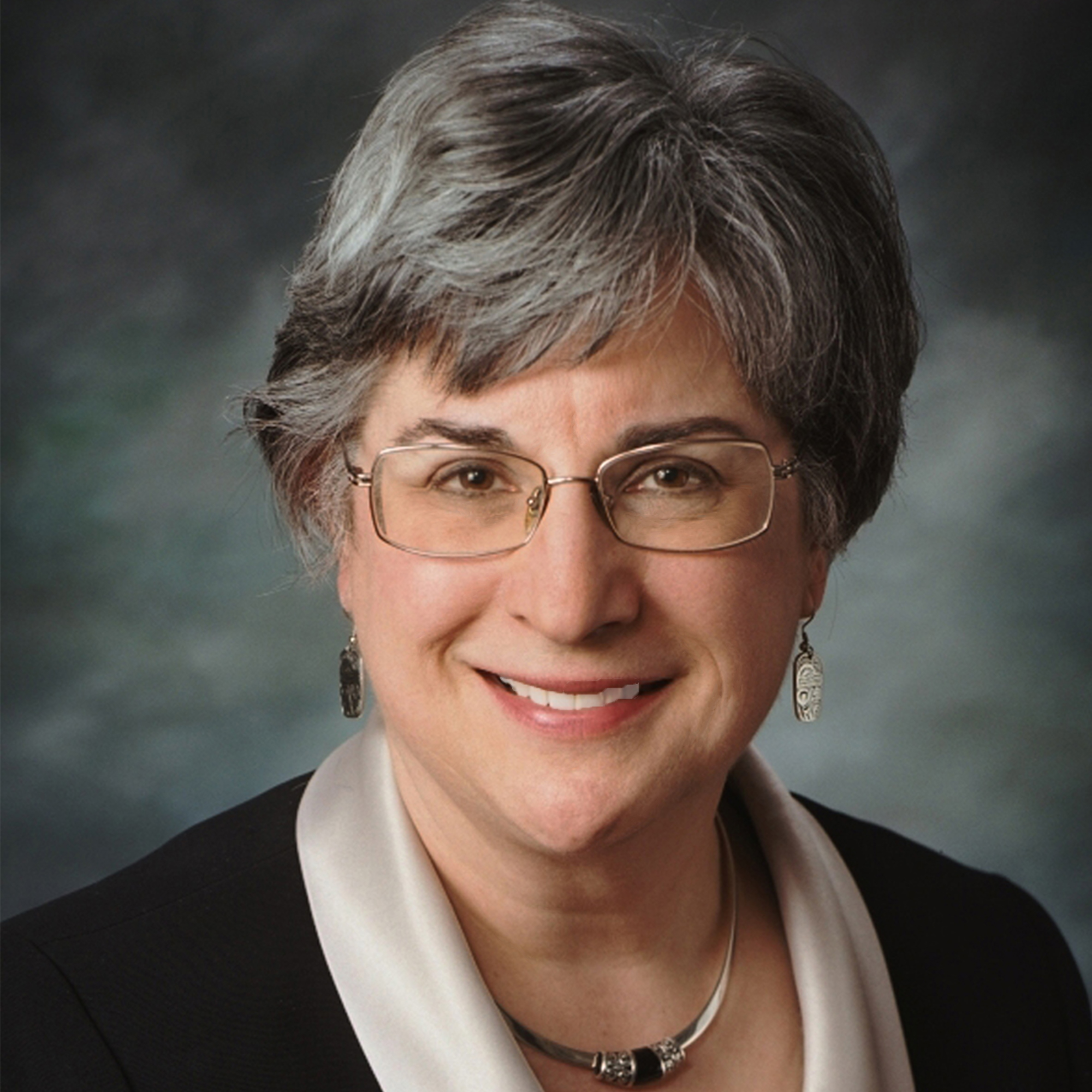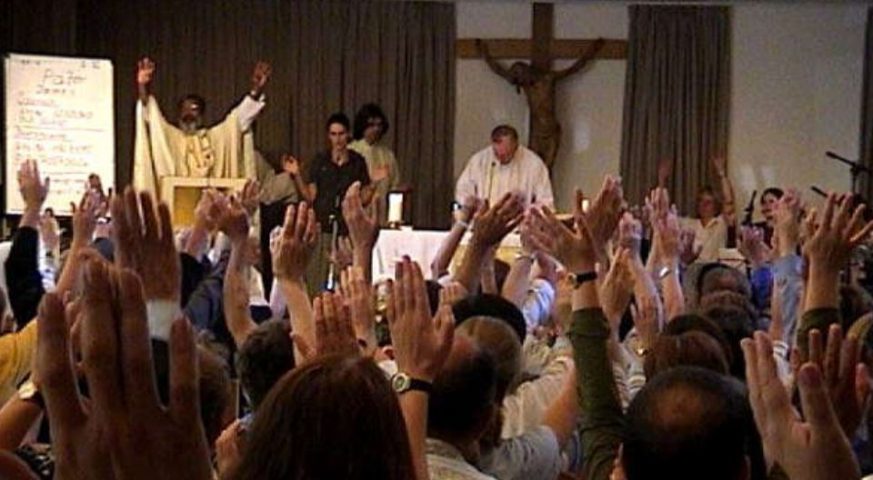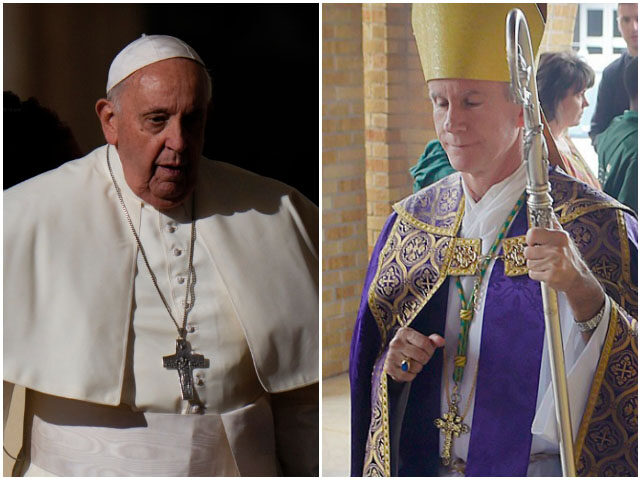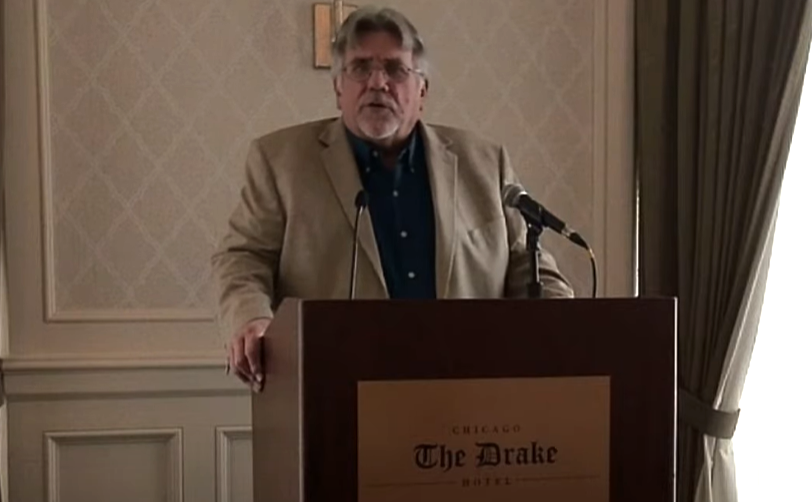Part Four of a response to Cavadini, Healy, and Weinandy’s critique of the traditional Latin Mass.
By Janet E. Smith, Crisis Magazine, Feb. 27, 2023
Janet E. Smith, Ph.D., is a retired professor of moral theology.
 The view that abrogation of the TLM and exclusive adoption of the NO is the path to unity is prima facie a claim hard to defend. The fact is that the NO by its very nature works against unity in that all language groups have their own vernacular liturgy—whereas having Latin be the universal language of the Church is a powerful unifying feature of the Mass.
The view that abrogation of the TLM and exclusive adoption of the NO is the path to unity is prima facie a claim hard to defend. The fact is that the NO by its very nature works against unity in that all language groups have their own vernacular liturgy—whereas having Latin be the universal language of the Church is a powerful unifying feature of the Mass.
The fact that the NO has many approved Eucharistic prayers, a variety of options, and even opportunities in the rubrics for extemporized comments makes the content of Masses different from Mass to Mass. And, of course, the “styles” of the priests who say the NO can be radically different, from devout adherence to the rubrics and a dignified and reverent demeanor, to the master of ceremony of an event, who ad libs as he considers suitable. Yes, the second is a regrettable deviation from what the NO should be, but it is not an uncommon reality, and one wonders if such deviations can ever be eliminated. ….





 The view that abrogation of the TLM and exclusive adoption of the NO is the path to unity is prima facie a claim hard to defend. The fact is that the NO by its very nature works against unity in that all language groups have their own vernacular liturgy—whereas having Latin be the universal language of the Church is a powerful unifying feature of the Mass.
The view that abrogation of the TLM and exclusive adoption of the NO is the path to unity is prima facie a claim hard to defend. The fact is that the NO by its very nature works against unity in that all language groups have their own vernacular liturgy—whereas having Latin be the universal language of the Church is a powerful unifying feature of the Mass.

